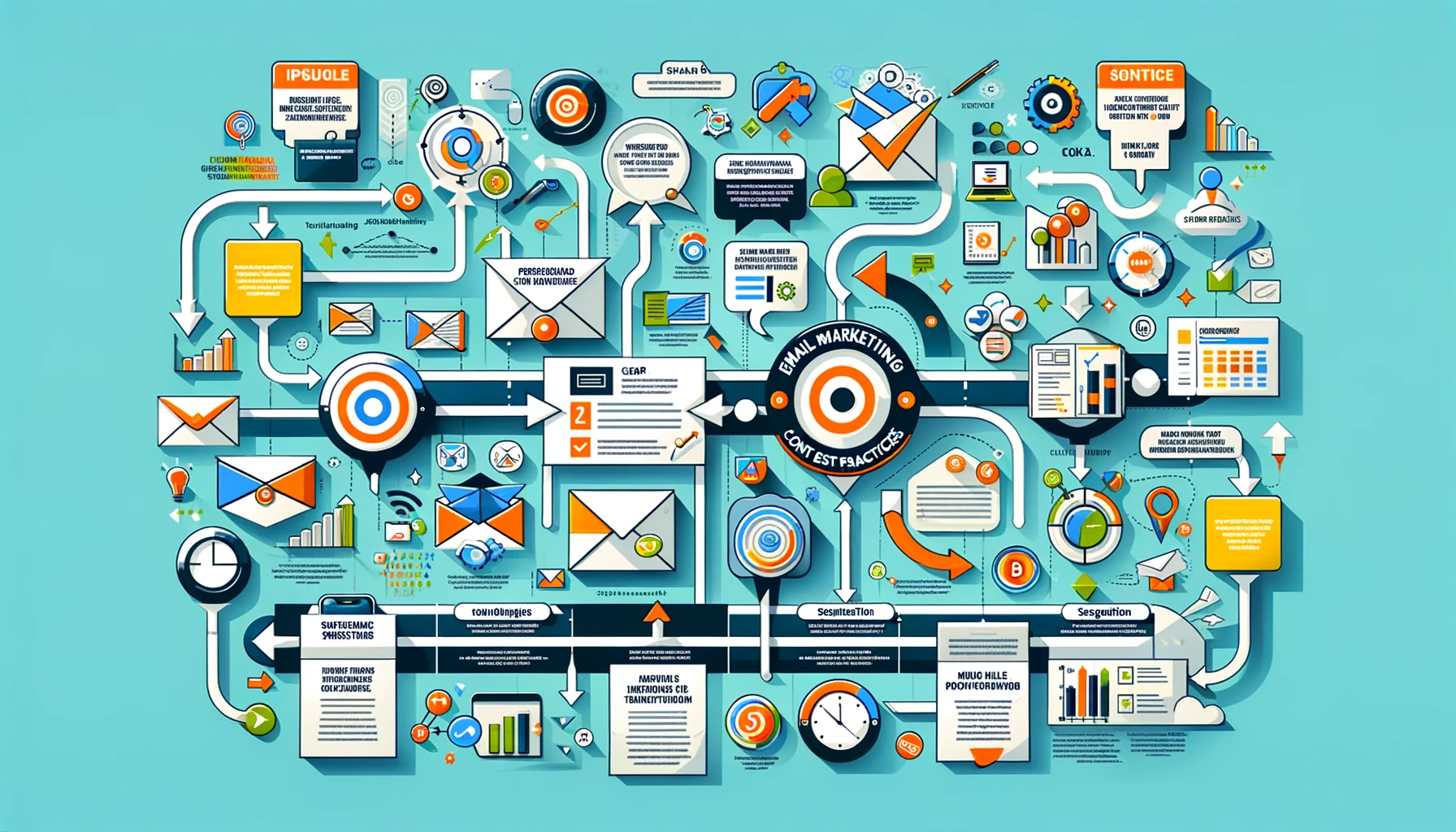In the age of social media and instant messaging, email marketing may seem like a relic of the past. However, when done right, email marketing remains one of the most effective tools for reaching and converting customers. Crafting compelling email campaigns requires a deep understanding of best practices and a strategic approach to content creation.
Personalization is key to successful email marketing. Gone are the days of generic, one-size-fits-all email blasts. Today’s consumers expect personalized content that speaks directly to their needs and interests. By leveraging data such as purchase history, browsing behavior, and demographic information, businesses can tailor email content to individual recipients, increasing relevance and engagement.
Compelling subject lines are essential for capturing the attention of recipients and enticing them to open your emails. Subject lines should be concise, descriptive, and compelling, offering a glimpse of the value proposition within the email. A/B testing can help identify which subject lines resonate most with your audience, allowing for continuous optimization and improvement.
The body of your email should deliver on the promise of the subject line, offering valuable content that informs, entertains, or educates recipients. Whether it’s a promotional offer, a helpful how-to guide, or an engaging story, email content should provide value to the reader and inspire action.
Visual elements such as images and videos can enhance the effectiveness of email campaigns, breaking up text and making content more engaging. However, it’s essential to ensure that visual elements are optimized for various devices and email clients to maximize accessibility and deliverability.
Finally, a clear and compelling call-to-action (CTA) is essential for driving conversions. Whether it’s making a purchase, signing up for a webinar, or downloading a resource, the CTA should be prominently displayed and easy to understand. By following these best practices and continually refining your approach based on data and feedback, businesses can craft email campaigns that not only capture attention but also drive meaningful engagement and conversions.
